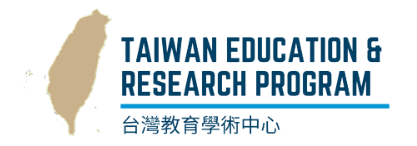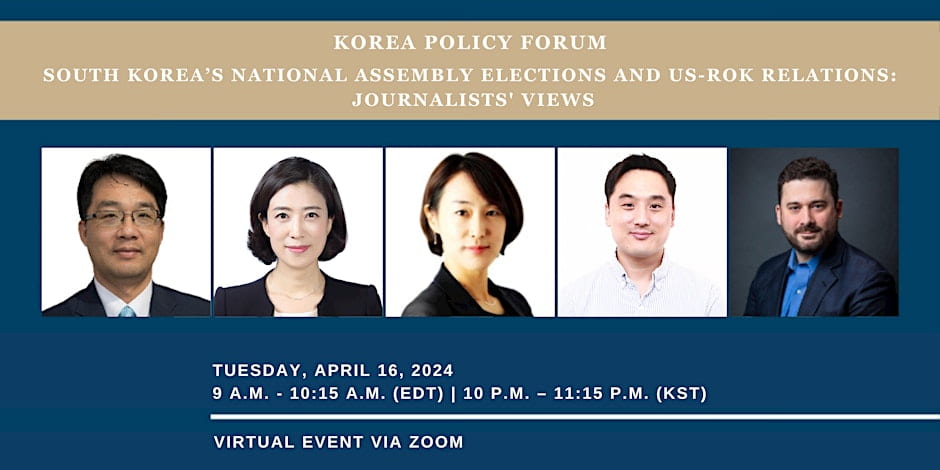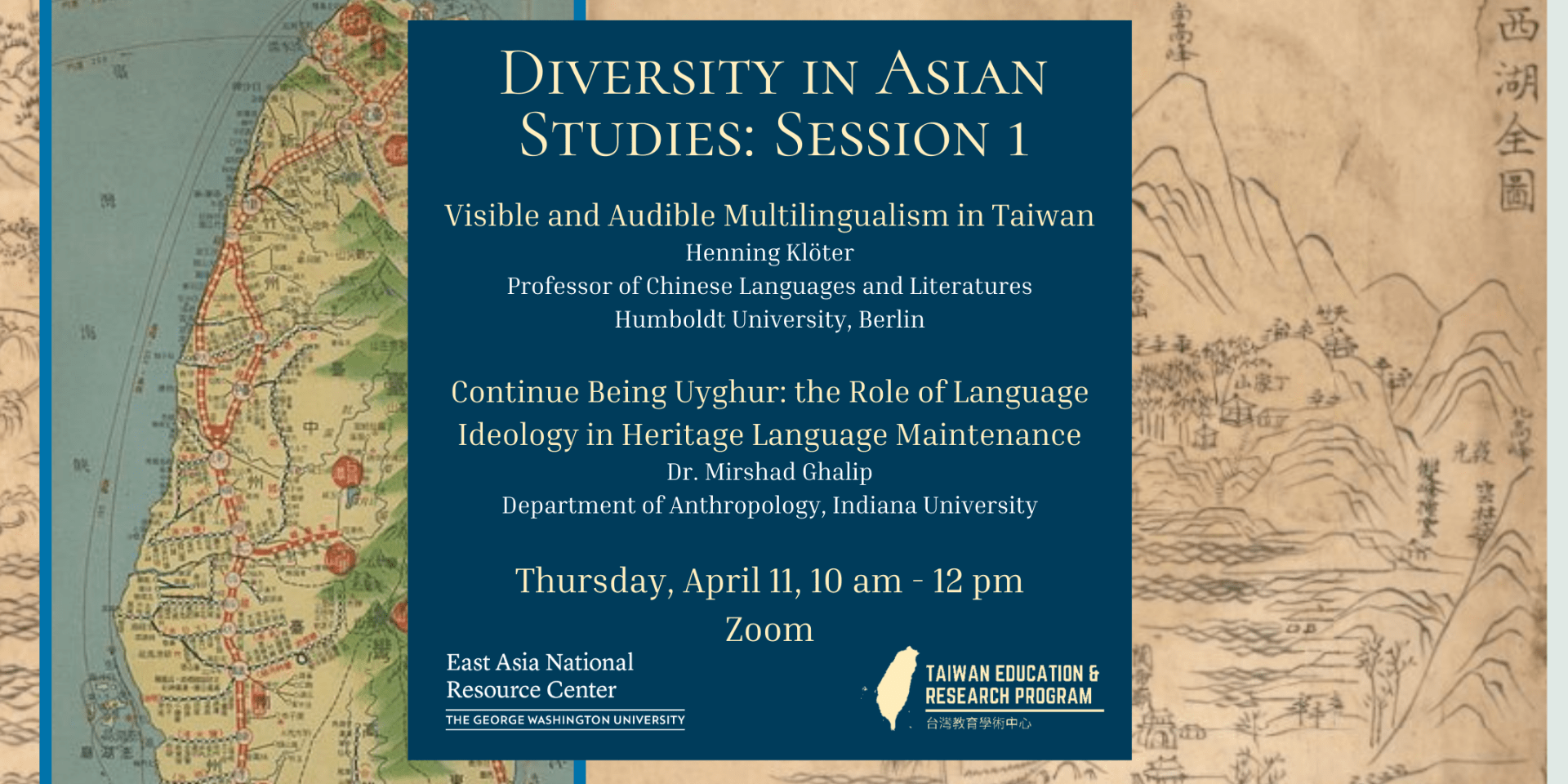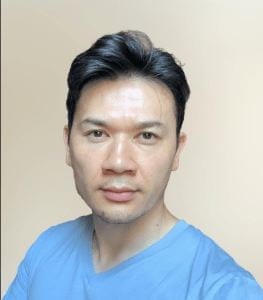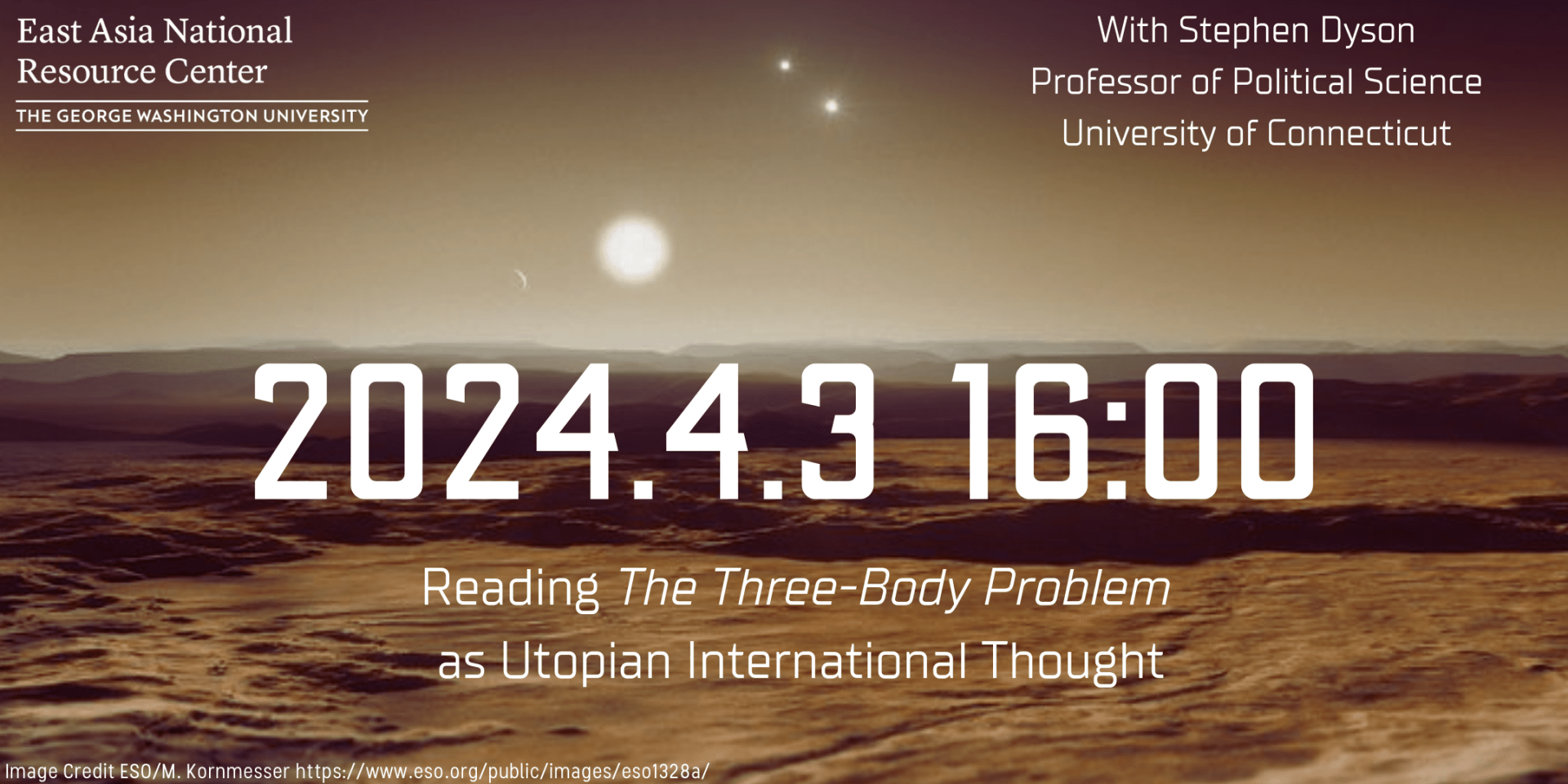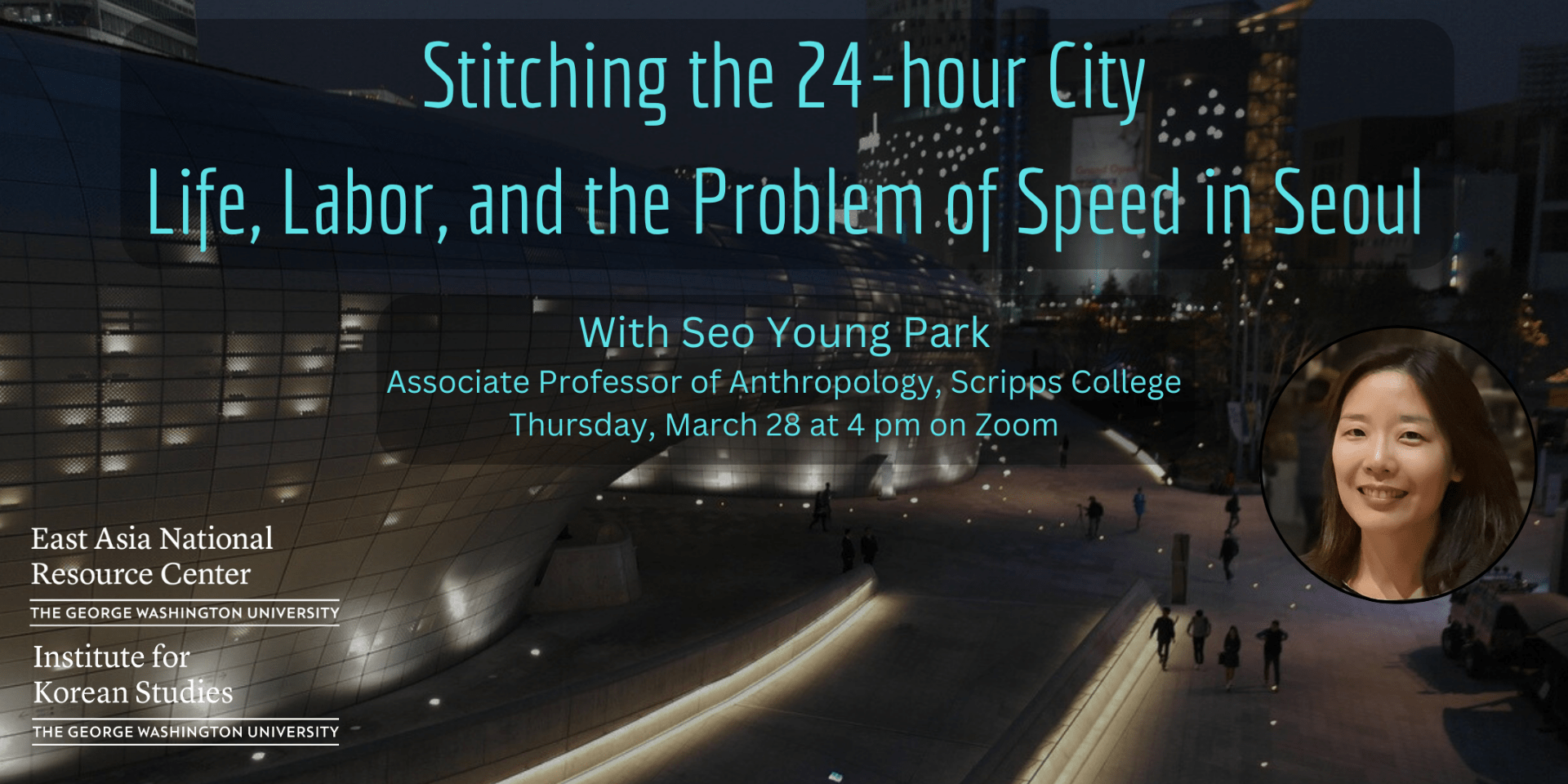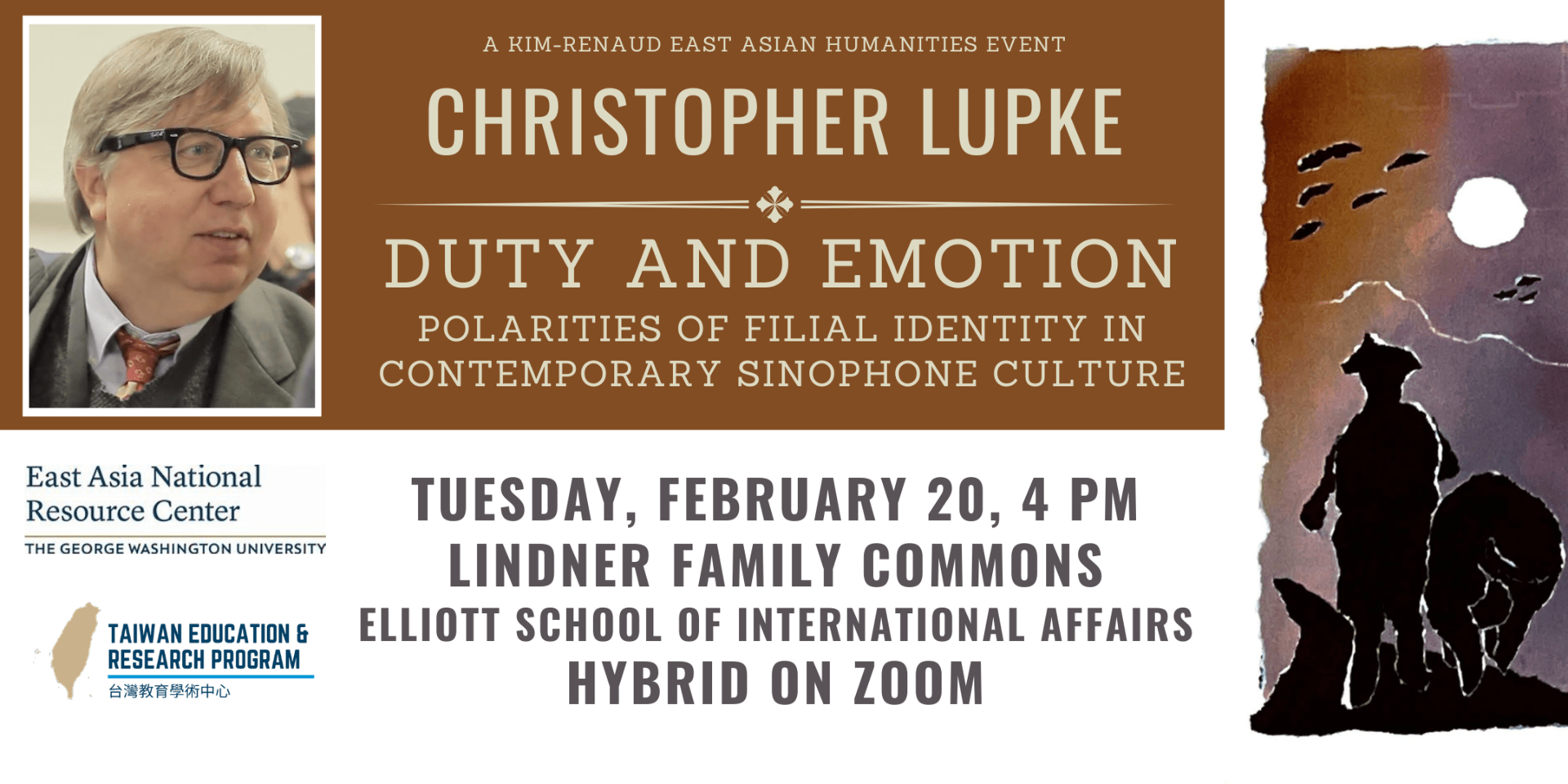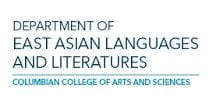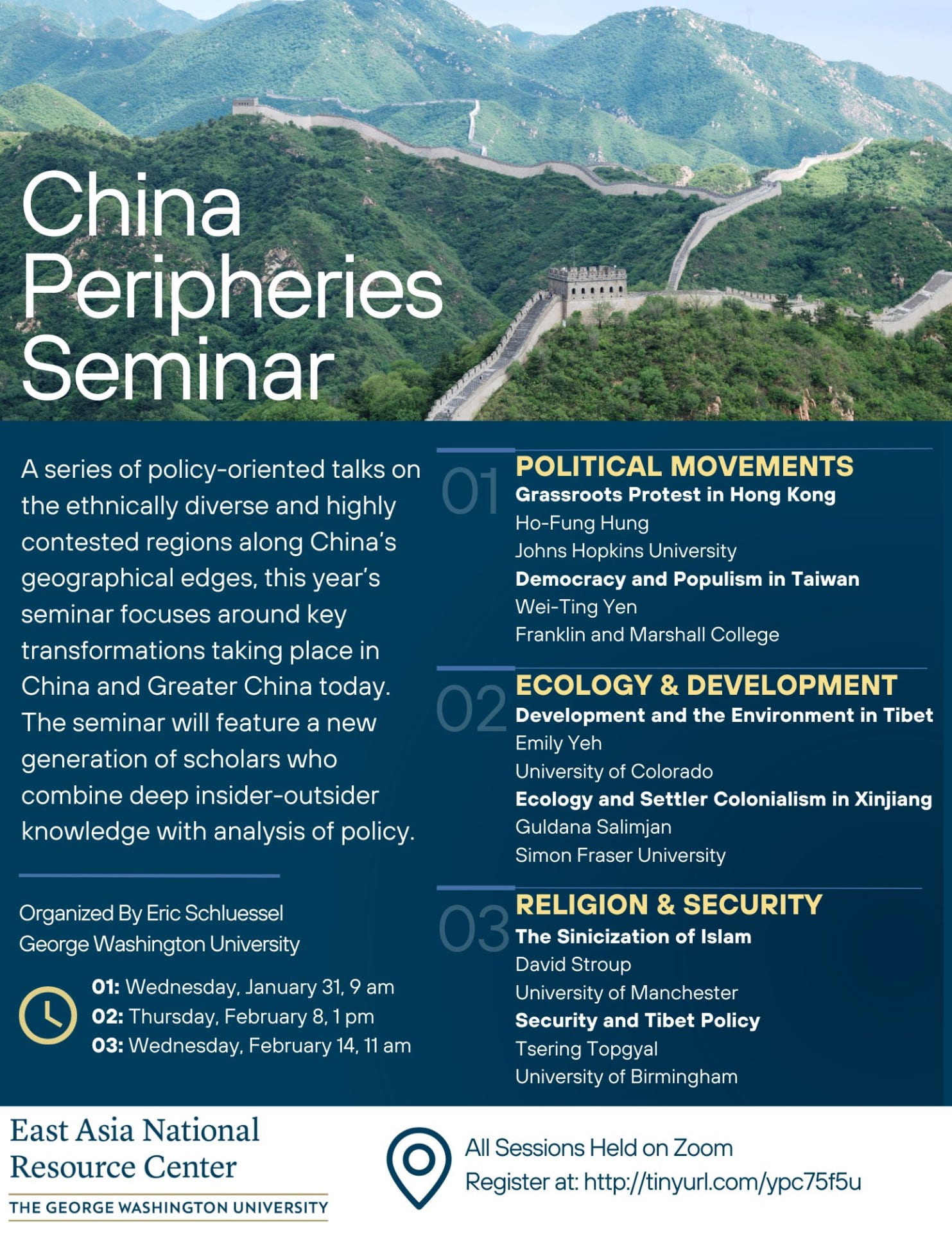
Saturday, July 27th, 2024 at 7:30-10:30 pm ET
Virtual Event via Zoom
About the event:
This workshop will guide teachers step-by-step in using large language models (LLM) to generate Chinese teaching materials. It will utilize backward design to create innovative teaching strategies and lesson plans, and discuss how to use user-friendly generative AI tools to facilitate students’ autonomous Chinese learning. We will focus on the following areas:
-Fundamental principles and application examples of generative AI tools.
-How to design and generate Chinese teaching materials suitable for different language proficiency levels.
-Specific applications and case studies of the backward design method in teaching.
-Strategies to enhance students’ autonomous learning abilities through generative AI tools.
-Hands-on practice sessions allowing participants to experience the practical application of AI tools.

About the Speaker
Yujen Lien (連育仁 Lian Yuren) is currently the Dean of ViewSonic Academy and an Associate Professor in the Department of Applied Chinese Language and Literature at Chung Yuan Christian University (中原大學). He has previously served as an Associate Professor and Director of the Chinese Language Teaching Center at the same university. Due to his work experience, educational background, and interests, Professor Lian is highly familiar with teaching tools, online services, and hardware and software related to the integration of digital technology into international Chinese education. Since 2007, he has lectured on digital Chinese teaching techniques and strategies in over 40 countries and has his own teaching channel and community on the internet. His digital teaching training channel has over 50,000 subscribers, with total views exceeding 6.5 million. These educators continue to discuss and actively integrate emerging technologies into both physical and online classrooms. (YouTube Channel: https://www.youtube.com/@lienlaoshi)
The Sigur Center for Asian Studies and GW Institute for Korean Studies (GWIKS) together received the highly regarded designation of National Resource Center (NRC) for East Asian Studies. The designation — the first time these two centers have received NRC status — enhances the institutes’ ability to engage the broader public community, including students, K-12 educators, HBCUs, policymakers, military veterans, journalists and the general public on regional and global issues of importance. With this award, GW joins a handful of other world-leading universities with this honor, including Stanford, Columbia, and the University of Chicago. Additionally, the Sigur Center and GWIKS have been awarded funding for Foreign Language and Area Studies (FLAS) Fellowships which support undergraduate and graduate students studying modern foreign languages and related area or international studies.
The Taiwan Education and Research Program operates under the Sigur Center for Asian Studies at The George Washington University’s Elliott School of International Affairs. The program is directed by Liana Chen, Associate Professor of Chinese Language & Literature, and Alexa Alice Joubin, Professor of English, Women’s Gender and Sexuality Studies, Theatre, International Affairs, and East Asian Languages and Literatures.
The Department of East Asian Languages and Literatures (EALL) focuses on teaching and research on the languages and cultures of China, Japan and Korea. We offer undergraduate majors and minors in all three language tracks, as well as a unique master’s program in Chinese. Our internationally published faculty are experts in the languages, culture and literature of East Asian peoples, from ancient civilizations to modern times. In today’s global economy, knowledge of East Asia can provide a crucial stepping stone to careers in academia, business, diplomacy, government, medicine, law and much more.

